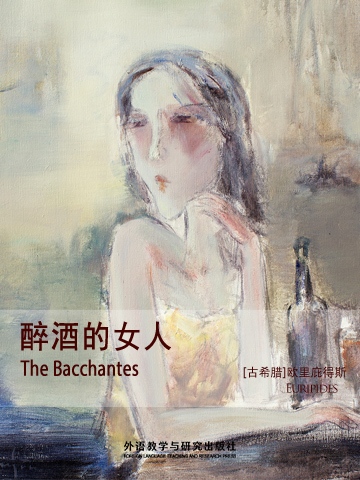欧里庇得斯最伟大的悲剧,有史以来最伟大的作品之一。
The Bacchae (also known as The Bacchantes) is an ancient Greek tragedy, written by the Athenian playwright Euripides during his final years in Macedonia, at the court of Archelaus I of Macedon. It premiered posthumously at the Theatre of Dionysus in 405 BC as part of a tetralogy that also included Iphigeneia at Aulis and Alcmaeon in Corinth, and which Euripides’ son or nephew probably directed. It won first prize in the City Dionysia festival competition.
《醉酒的女人》不仅是欧里庇得斯的最伟大的悲剧,而且是有史以来最伟大的作品之一。《醉酒的女人》是独一无二的,这部剧将合唱融入了剧情,神也不再是一个遥远的存在,而是剧中的一名主角。
The Bacchantes is considered to be not only Euripides’ greatest tragedy, but one of the greatest ever written, modern or ancient. The Bacchae is distinctive for the fact that the chorus is integrated into the plot, and the god is not a distant presence, but is a character in the play, he is in fact the protagonist.
- THE BACCHANTES
- 书评 写书评
- 笔记
-
书评加载中...













 京公网安备 11010802032529号
京公网安备 11010802032529号
笔记加载中...